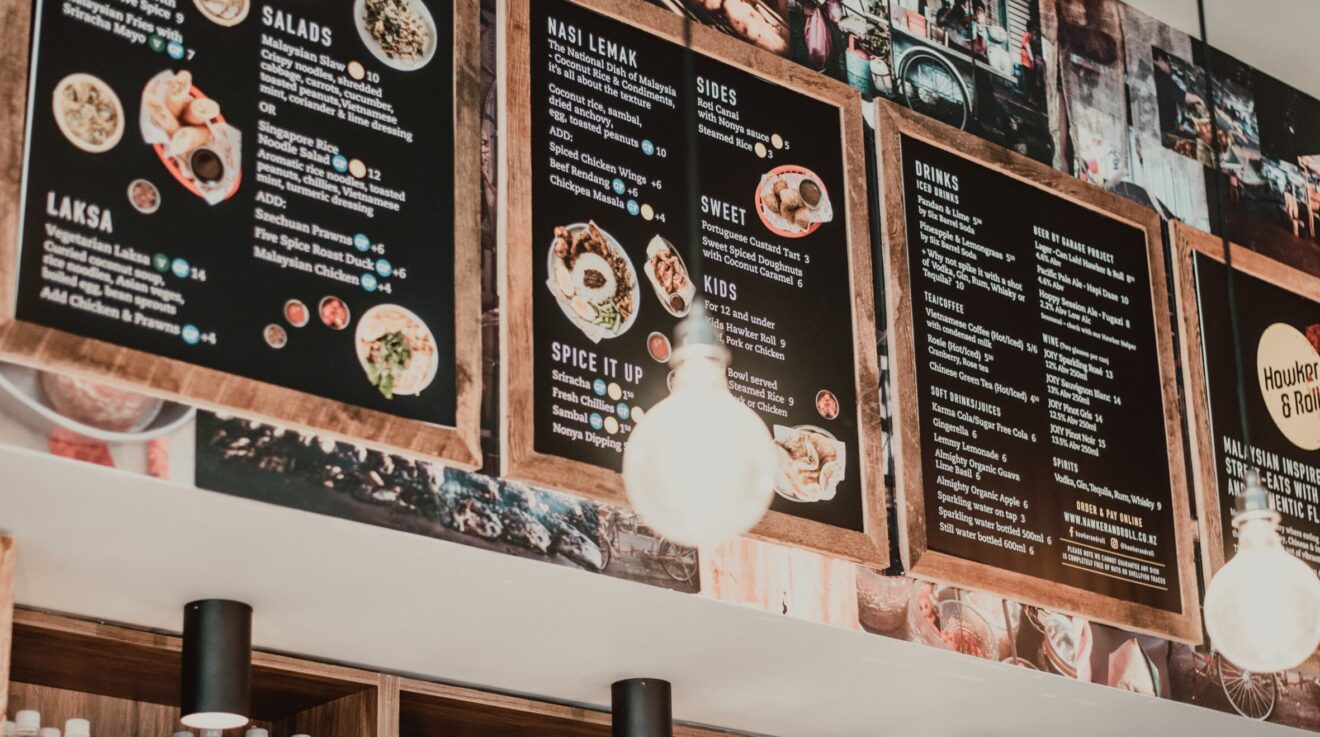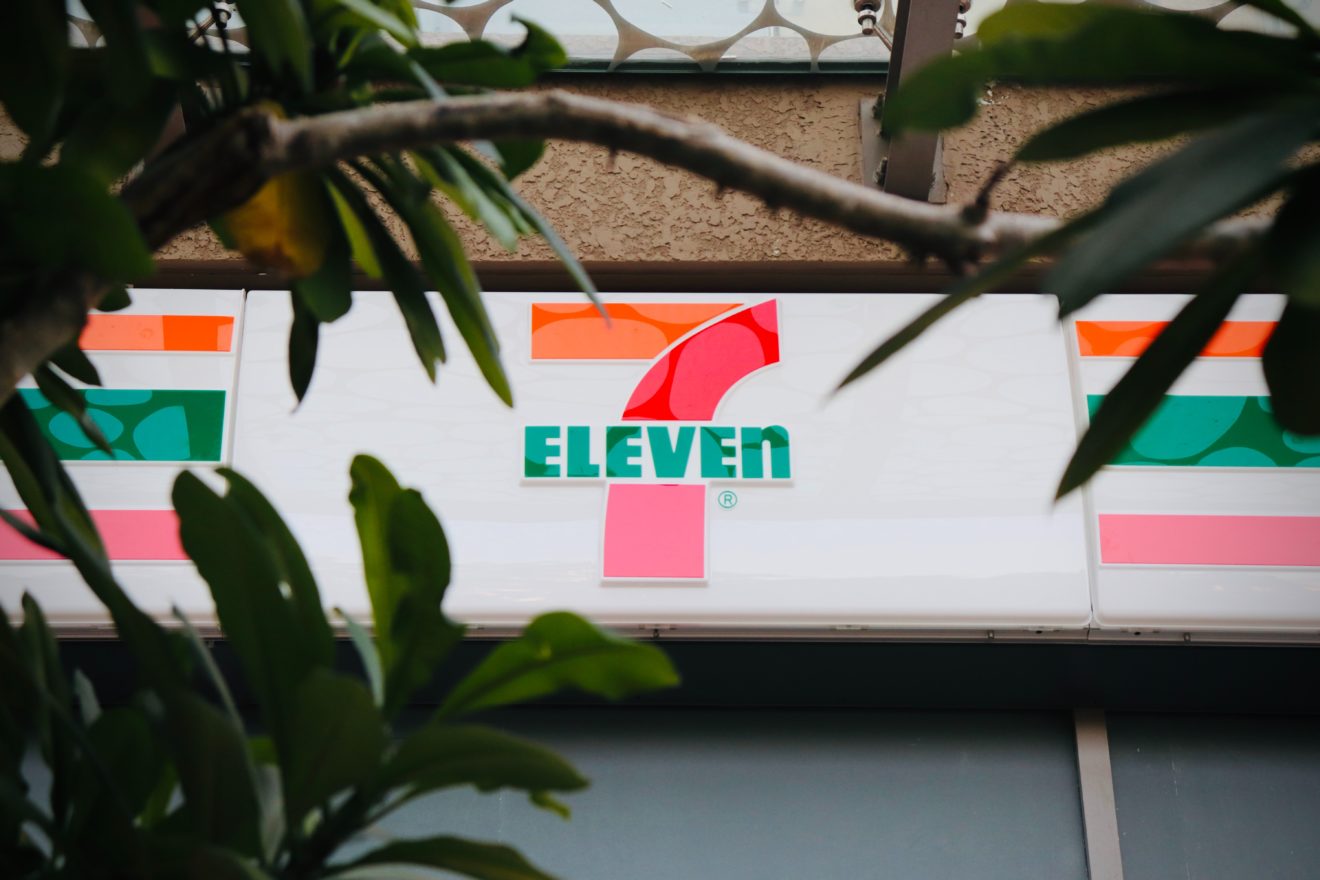March 15, 2023 | Franchises
Mergers & Acquisitions in the Hospitality Industry

In light of rising competition and evolving consumer preferences, mergers and acquisitions have become a prominent strategy for private investors and major industry players to diversify their offerings and gain a competitive edge.
This trend has introduced new implications for brand owners, franchisees, restaurateurs, and the industry as a whole.
Eyes On Hospitality
Over the past five years, Ontario’s hospitality industry has faced choppy seas in more ways than one. Large-scale events such as the COVID-19 pandemic and various international conflicts, along with evolving economic challenges like inflation and rising costs of living have put businesses of all scales and sizes to the test.
In the realm of hospitality – specifically quick service restaurants (QSRs), an impressive portion of brands and businesses have been able to stay afloat under these pressures.
This resiliency has inspired new confidence among corporate investors and hospitality groups looking to expand.
Private Equity Prominence
Today, one of the primary types of investors in Ontario’s hospitality industry is private equity firms. These are companies that purchase businesses with the intention of building equity before eventually reselling them down the line.
Private equity investors aren’t typically seeking complete control of operations. Rather, they see an individual establishment or brand as an opportunity to diversify their holdings and build wealth long term. While there could be some minor changes to everyday business, there aren’t usually major implications for operators until it’s resold in the future.
Considering the sale of your business? Explore these blog posts for helpful tips and insights.
- How Selling a Business is Different From Selling a Home
- What’s My Franchise Worth?
- Selling Your Business? Here’s How to Make the Transition Easier on Your Staff
Corporate Hospitality Groups
Corporate hospitality groups own and operate a robust collection of franchise brands and are constantly seeking opportunities to expand their market share. In addition to private equity firms, these groups make up a substantial portion of mergers and acquisitions within the industry today.
To name only a few, major players in Canada include Yum! Brands, Restaurant Brands International, MB Int’l. Brands, and Foodtastic. Together, these groups own a substantial portion of the country’s most popular QSR brands.
Unlike a private equity firm, these corporate hospitality groups are more likely to have a say in how the business is run. Given their size and industry presence, these groups often leverage their connections and resources to make everyday operations more efficient and profitable.
One of the key distinctions to consider regarding hospitality groups is scale. In Canada, major industry players aren’t typically in the market for anything below $25 million. However, there is a market for smaller businesses too.
While most household name QSR chains belong to a powerhouse alliance of brands, there are a number of modestly-sized hospitality groups that are seeking smaller, high-performing establishments to join their portfolio.
The Not-So-Secret Formula
Investors often base their valuations on EBITA – your earnings before interest, taxes, depreciation, and amortization. Speaking generally, transactions are evaluated with a five to seven times multiplier of true EBITA.
Keep in mind that this is more of a rough blueprint than a complete calculation of a brand or business’ market value. If you’re looking for an accurate, market-informed analysis of what your business is worth, speak to a commercial real estate agent.
New to the world of commercial real estate? Explore these introductory resources to build up your knowledge base.
- What to Expect When Buying Your First Business
- Buying an Existing Business vs Starting From Scratch
- A Beginner’s Guide to Small Business Loans
Franchisees Facing a Merger or Acquisition
Given the financial magnitude of these transactions, mergers and acquisitions among major QSR brands often make front-page headlines. If your franchising brand is acquired by a private equity firm or hospitality group, there may be certain implications for your everyday operations, or there could be very little impact at all. That said, it’s important to avoid making assumptions before receiving concrete information from your franchisor.
If you haven’t yet heard from your franchisor, there’s a strong chance that formal communication will be coming down the pipeline shortly. In the meantime, be sure to communicate with your staff and if appropriate, your customer base about the transaction – passing along relevant updates as they become available. This proactive approach can prevent disruptive speculation or misinformation about what changes may be happening to your business.
Ready to find a first-rate buyer for your business? As Southern Ontario commercial real estate experts, Northern Hospitality can help you find success. Send us an email or call 647-280-4404 to get started.




